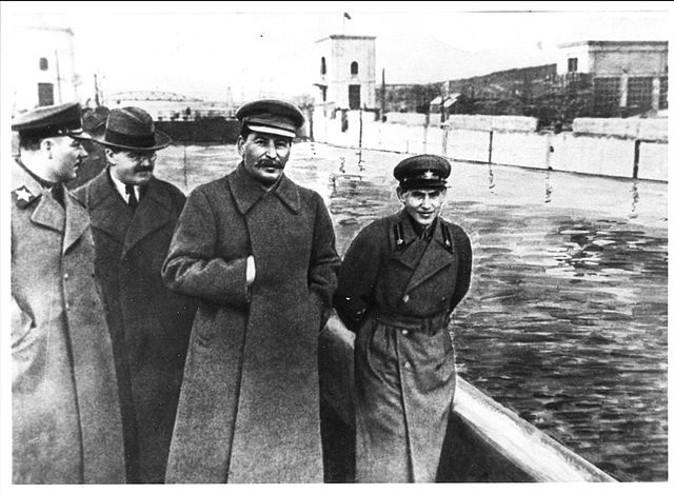Commentary
I share this with Joseph Stalin: a great appreciation for the musical genius of Maria Yudina. And I share this with Maria: a deep loathing of Stalin.

I share this with Joseph Stalin: a great appreciation for the musical genius of Maria Yudina. And I share this with Maria: a deep loathing of Stalin.